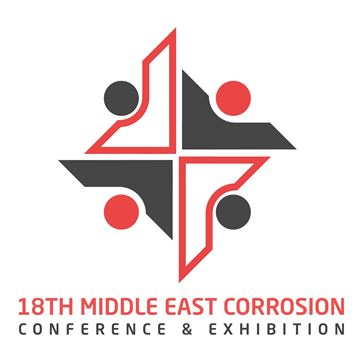Search
Products tagged with 'performance perameters in pipeline management'
View as
Sort by
Display
per page
A Study of Pipeline Integrity Management in Oil and Gas Production Facilities of Arabian Gulf Oil Company through Corrosion Management
Product Number:
MECC23-19898-SG
Publication Date:
2023
$20.00

